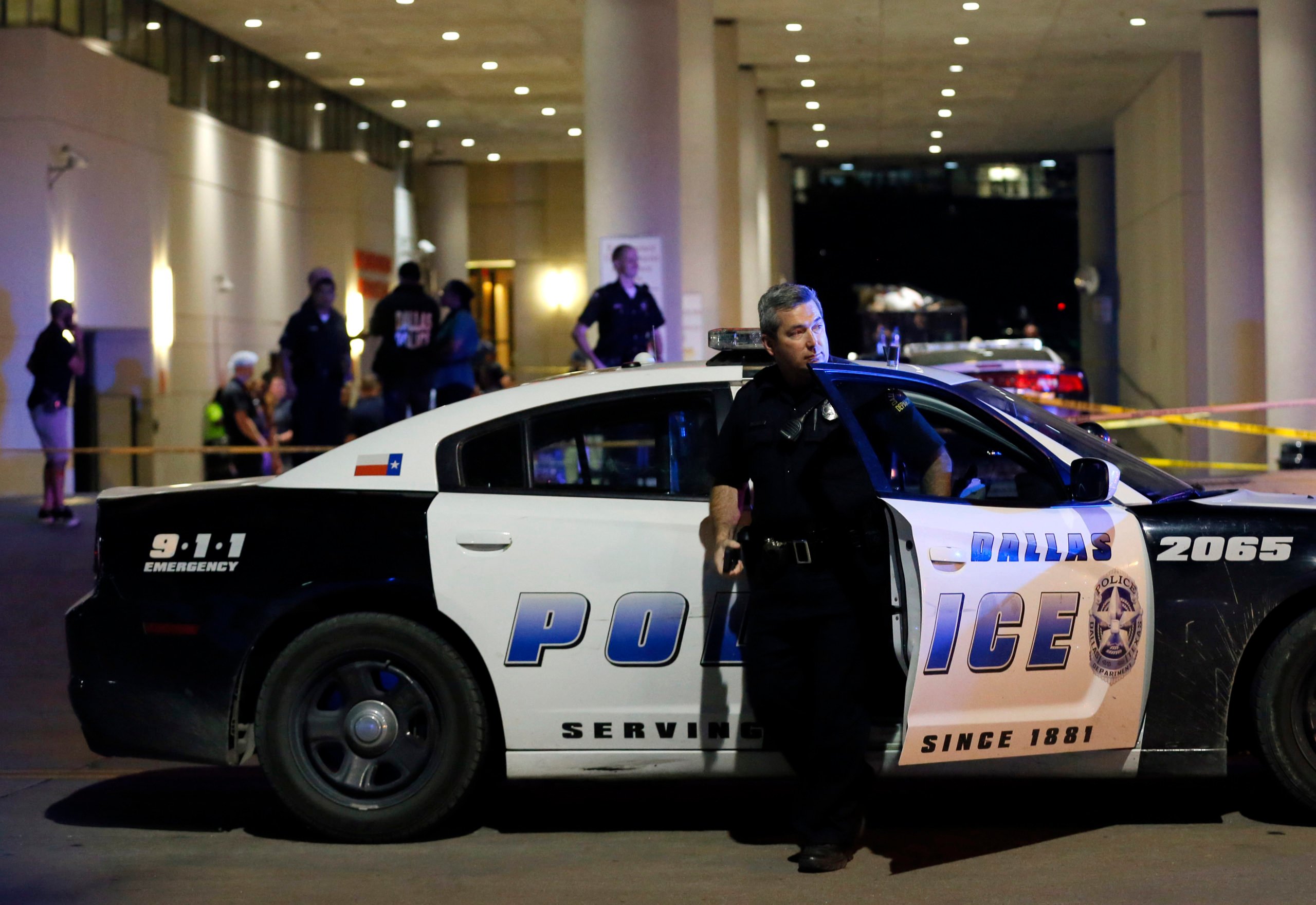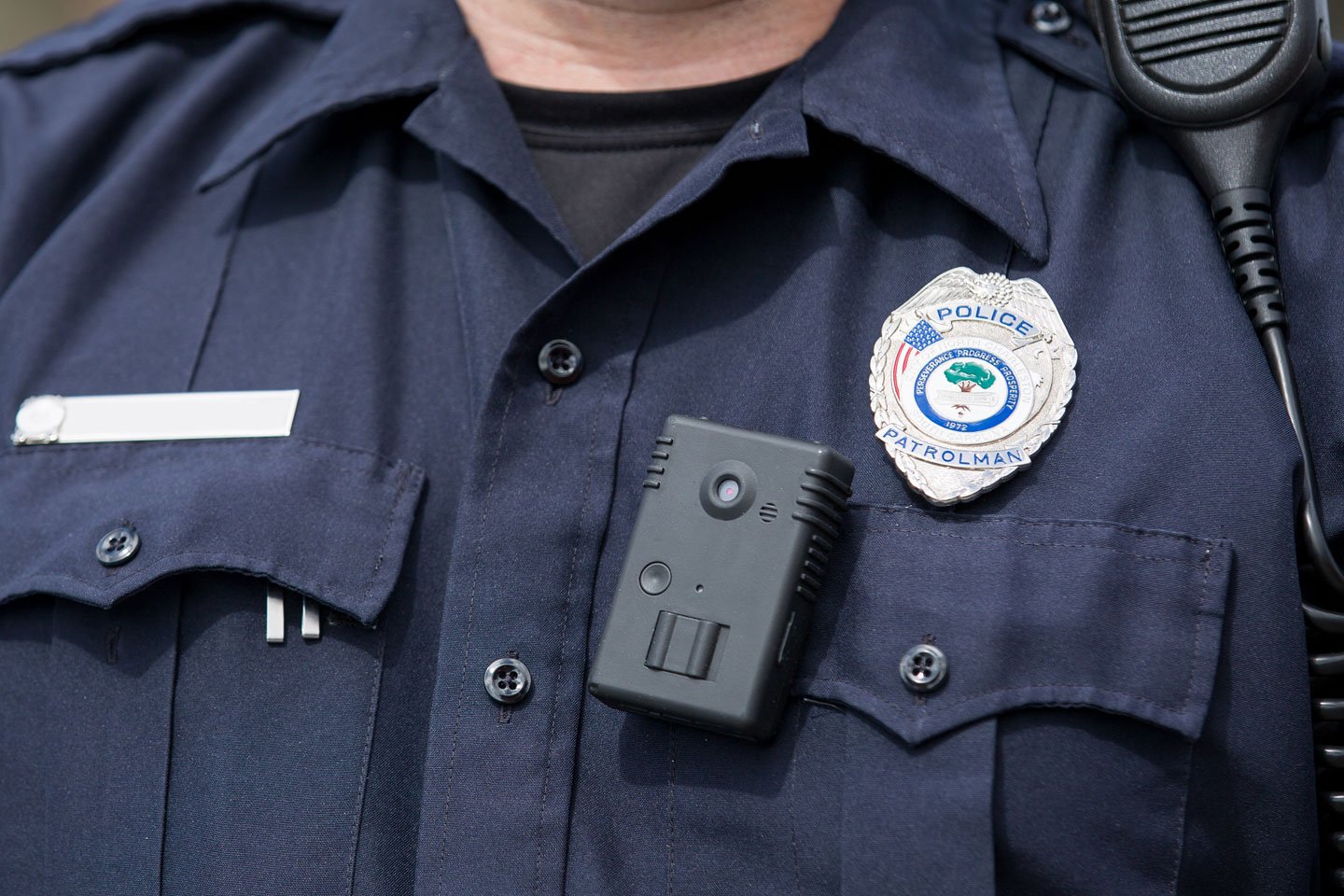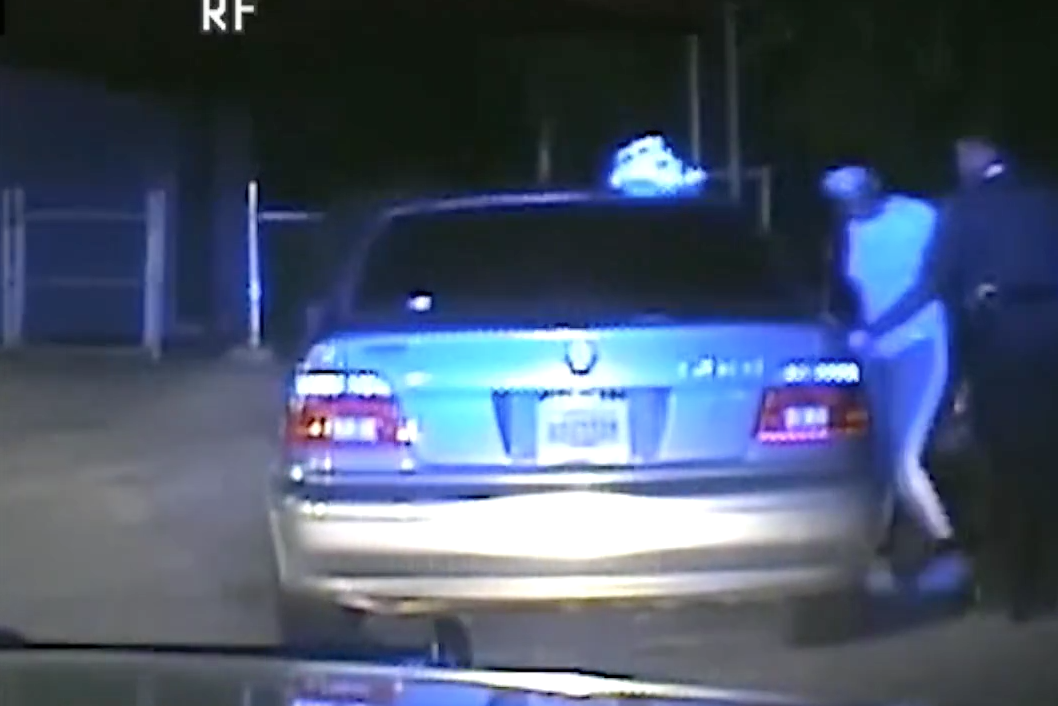
Deputies Go Unpunished for Invasive Cavity Search on Houston Roadside
This month prosecutors unexpectedly dropped charges against Harris County deputies accused of violating a woman during a 2015 traffic stop.

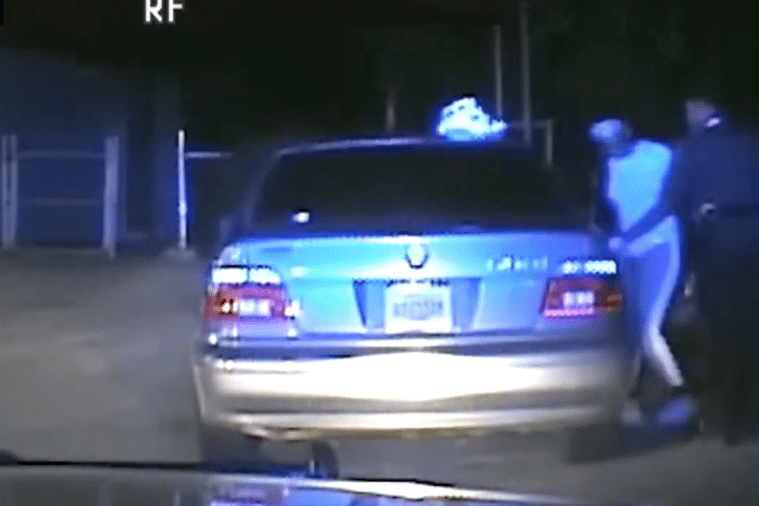
The courts have long ruled that warrantless body cavity searches are, in most circumstances, unconstitutional. Impromptu roadside anal and vaginal probes are prohibited by both state law and policies adopted by many of the state’s largest law enforcement agencies, including the Texas Department of Public Safety and the Harris County Sheriff’s Office.
But that doesn’t necessarily mean cops who engage in warrantless roadside cavity searches will always face consequences. This month, Harris County prosecutors dropped criminal charges against two Harris County sheriff’s deputies accused of helping vaginally probe Charnesia Corley after they smelled weed during a June 2015 traffic stop in north Houston. The sheriff’s office has already cleared both deputies of any wrongdoing, and both are expected to stay with the department. One of them could even soon return to patrol duty.
That’s what prompted the attorney handling Corley’s federal lawsuit against the county to release dash-cam footage on Monday that he says proves she was subjected to an illegal search. The video, first published by the Houston Chronicle, appears to show the deputies forcing Corley face-first on the pavement near her car before spreading her legs and shining a flashlight around her genitals.
Corley’s attorney, Sam Cammack, also called for officials to appoint a special prosecutor to pursue charges against the deputies. In a phone call with the Observer this past weekend, ahead of the video’s release, Cammack called the footage “undeniable proof this woman was violated.”
The deputies’ attorneys have claimed they “never penetrated” Corley during the stop, something that the dash-cam footage released Monday doesn’t seem to prove or disprove. In a response filed in the federal lawsuit, Harris County attorneys deny the deputies ever conducted a body cavity search, but rather forced Corley to the ground during a “visual strip search.” Natasha Sinclair, chief of the DA’s civil rights division, which investigates allegations against police officers, told the Observer that while grand jurors didn’t think the deputies committed any crime, “We don’t condone this type of search at all. This is by no means us saying this is an appropriate way to conduct a search.”
The courts have long ruled that the kind of warrantless search Corley says she endured is only justified when police can show that waiting for a judge’s approval would have resulted in “imminent loss or destruction of evidence,” which the county hasn’t even argued in Corley’s case.
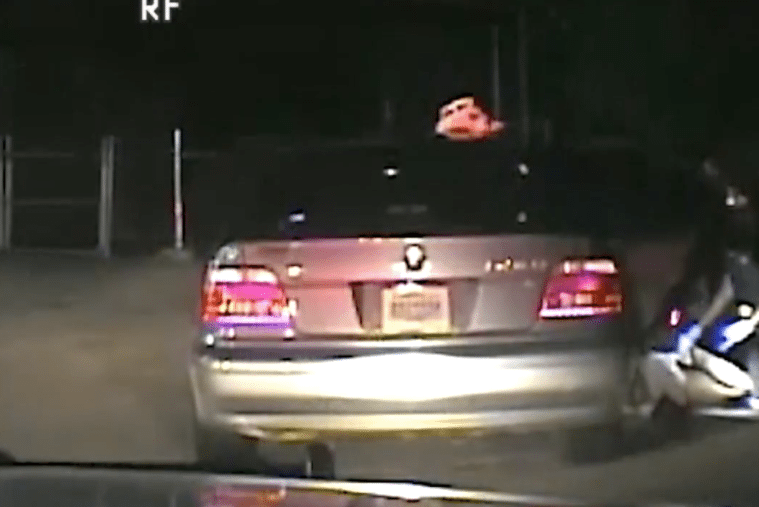
However, roadside probes like Corley’s have surfaced in state and federal courts across Texas in recent years. In 2014, a North Texas state trooper pleaded guilty to two counts of official oppression after sticking her hand inside the pants of two women on the side of the George Bush Turnpike while searching for drugs. Even after DPS updated its policy to ban warrantless roadside cavity searches, drivers still complained of deputies probing them during traffic stops. In 2015, state lawmakers passed a new law requiring cops to obtain search warrants before conducting roadside body cavity searches.
That law, which went into effect three months after deputies strip-searched Corley in a Texaco parking lot, carries no criminal penalties for law enforcement officers who violate it.
Citing the secrecy of grand jury proceedings, Sinclair wouldn’t explain why her office dropped charges against the deputies in Corley’s case earlier this month, other than to say her office had discovered new evidence they presented to another grand jury, which on August 4 cleared the deputies of any wrongdoing. “I’m prohibited from commenting on exactly what that content was,” she told the Observer.
Cammack meanwhile bristles that the deputies, who were both cleared of wrongdoing by an internal sheriff’s office investigation, will likely remain with the department. In a statement published by the Chronicle on Monday, Harris County Sheriff Ed Gonzalez said, “I understand and respect the community’s concerns” regarding Corley’s treatment. Gonzalez said both deputies are expected to remain with the department. One of them, he said, “will be allowed to return to patrol duties.”
Cammack says that’s an unacceptable outcome. “This woman was half-naked, handcuffed and face-down on the ground when they penetrated her,” he said. “That deserves some kind of accountability.”
